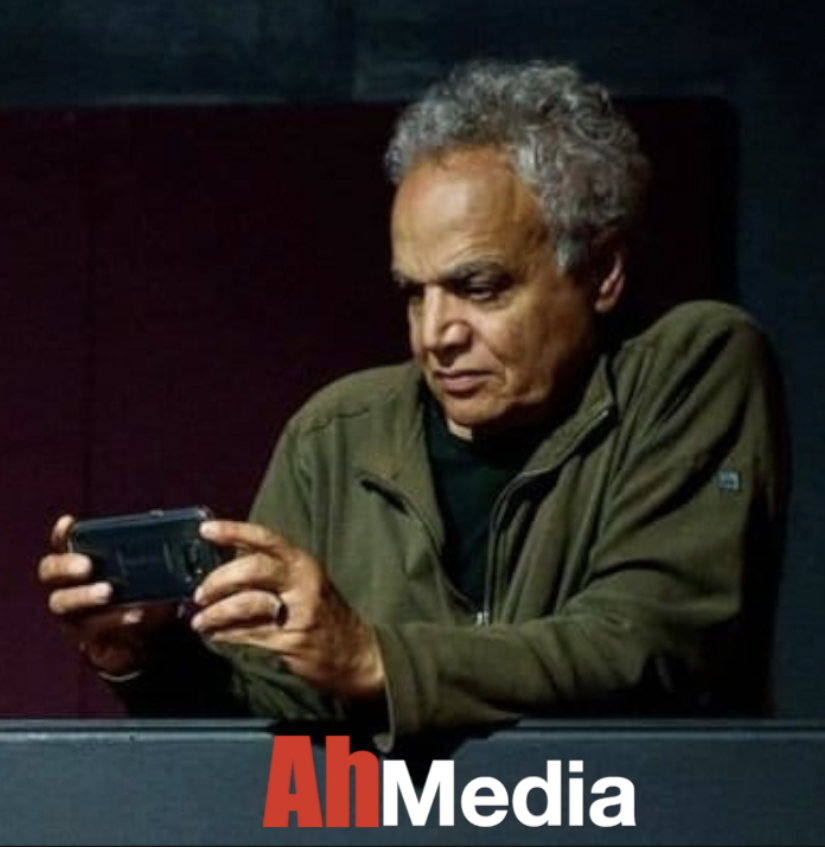Call it the ‘dignity revolution’
Inspired by the Tunisian revolt that toppled dictator Zine el-Abidine Ben Ali after 23 years of absolute autocracy, protests erupted in Egypt on Jan. 25, the “Day of Fury,” as it was dubbed by social-media organizers.
Participating were Egyptian uprising groups like the “6th of April” movement, “Kefaya,” and other youth and opposition groups. Later in the week, former International Atomic Energy Agency head Mohamed El Baradei returned to Egypt calling for democracy and change as a Johnny-come-lately.
But the main organizer of the Egyptian revolt was an online group called “We are all Khalid Saeed.” It was formed after a young Egyptian named Khalid Saeed was tortured and killed by Egyptian security police last year.
The smashed face of the tortured victim circulated all over social media and the Internet, inspiring thousands of Egyptians to go into the streets and protest police brutality.
Khalid Saeed became the symbol of the Egyptian regime’s brutality, just as the picture of the Tunisian youth Mohamed Bouazizi setting himself afire in public symbolized tyranny for millions of Tunisians.
What is apparent in the revolts spreading across the Arab world — mainly in Algeria, Yemen, Jordan, and to some extent Saudi Arabia — is that these are all Arab countries with oppressive leaders who have been supported by the West and are America’s partners in the so-called war on terror.
The revolts may have specific historic contexts in different countries, but they all share one thing — they are devoid of Islamic fervor or religious inspiration.
Despite the bankrupt Egyptian authorities’ bogus claim that the uprising was organized by the outlawed Muslim Brotherhood, all reports show that it was mostly inspired and organized through social-media youth movements on Twitter and Facebook and YouTube, where there are no police or tear gas.
The Arab revolt isn’t about liberating Arabs from the immoral West; it is about liberating them from corrupt Arab leaders. People all over the Arab world have reached the boiling point. Defending their dignity, they took to the streets demanding a change. It was the dignity revolution.
Enough is enough.
A young man standing among some Egyptian protesters held a sign reading: “Game Over.” The interesting thing was, the sign was handwritten in English. Most Egyptians don’t speak English; Tunisians more likely to speak French.
This sign captured the essence of what the Egyptian revolt is all about. It wasn’t necessary to inspire more people to go out in the street and protest. This English message was sent to the new Egyptian elites and to Egyptian President Hosni Mubarak’s regime and family, all of whom are banking on Western support.
The game is over — a game Mubarak and Arab leaders like him have been playing for years, getting the support of America and the West through political blackmail, playing the role of defenders against the Islamic danger and Al-Qaida, and in return receiving the backing of one American administration after another.
Republicans and Democrats have been looking the other way, leaving Arab leaders a free hand to oppress and torture their people.
The game is over for the Tunisian dictator Ben Ali, and it will be over for Mubarak and the rest of the Arab dictators who are watching now on the sidelines, waiting their turn.
Ahmed Tharwat is a public speaker and hosts the Arab-American show “Belahdan” at 10:30 p.m. Saturdays on Twin Cities Public Television. He blogs at www.ahmediatv.com.

